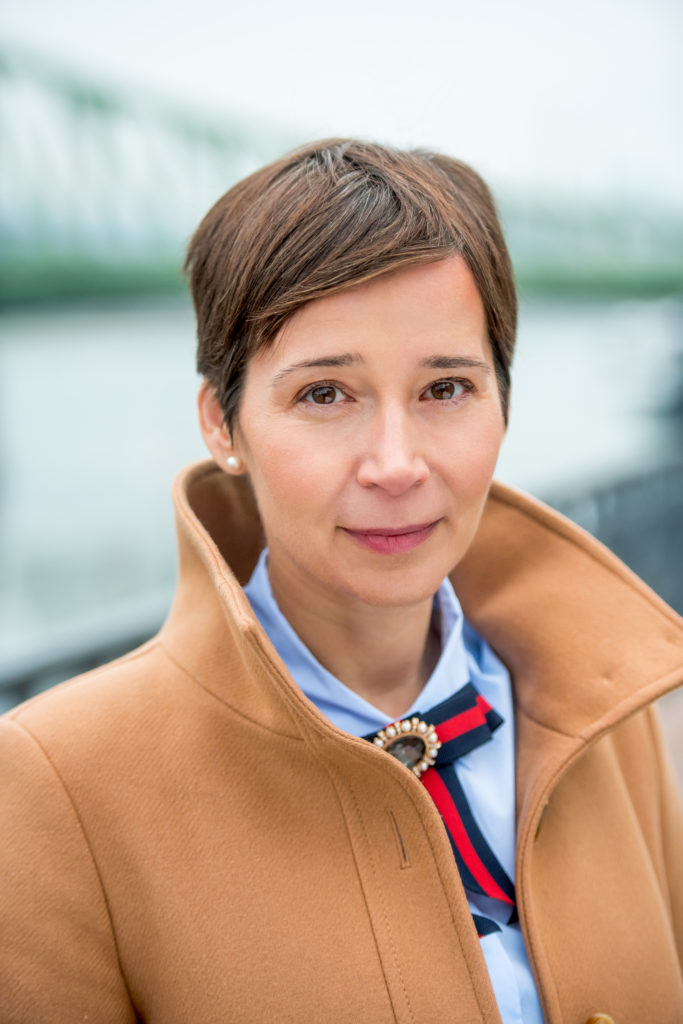Two Corvinus professors awarded MTA doctorates
In its publication, the MTA pointed out that 26 women were among the most significant recipients of Hungarian academic titles this year, which means that 1/3 of the new Academy doctorates are women. The title of Doctor of Sciences is awarded by the Academy to people who have made original scientific contributions to his or her field of study and who has carried out outstanding research.
Dissertations submitted by the applicants will be evaluated very thoroughly, over a period of 1.5 – 2 years, by about 100 experts, (at national level, according to uniform principles, but taking into account each discipline in the framework of several screening processes), the press release quotes Tamás Freund, President of the Hungarian Academy of Sciences, who emphasised that this is unique in Hungarian scientific life.
The assessment of the applicant’s performance is based on the opinion of the reviewers, who hold an academic degree. “On the basis of all this, it can be said that the MTA’s doctoral procedure is one of the most important quality assurance mechanisms in Hungarian scientific life – a hallmark of research excellence”, the MTA President pointed out at the academic ceremony.

In line with his previous high-level research activities, István Benczes academic doctoral thesis makes a significant contribution to the development of the discipline in two areas. From the perspective of integration theories and the crisis management and resolution. A significant value and achievement of the thesis is the elaboration and contextualisation of the four main scenarios (deepening, incremental reform, hegemony, disintegration) interpreted in terms of the dimensions of cooperation and centralisation. The author points out that crisis resolution has assisted deeper integration, while the incremental reforms based on reconciliation of national interests have played a much greater role. Instead of regulation, redistribution, instead of political negotiations, political bargains took over the main role. All these processes have made the EMU economic governance system more diverse and innovative.
István Benczes’ work is the fruit of a long, thorough and highly motivated research in a quality scientific environment. Its highly original approach, based on a rich practical and theoretical foundation, and the applied analytical framework has allowed high quality, comprehensive political economy analysis and explanation of the EU’s crisis management, reform process and, ultimately, its integration. It has made fundamental and innovative achievements, particularly in the fields of incremental reforms, the application of hegemony theory to EU integration, disintegration and the analysis of banking and fiscal union.

The academic doctoral thesis of Réka Benczes, university professor, deals with the role of phonological motivation in language in general, particularly in English word formation. The notion of phonological motivation refers to the non-arbitrary relationships that can exist between sound and meaning, or sound and sound form, in phenomena (sound symbolism, onomatopoeia, rhyme, alliteration, reduplication and repetition) where the sound form influences the use of the language. The author basically conducts the descriptive studies in a cognitive linguistic framework, but at the level of explanation, the start is the Jacobsonian communication model and then modify it. As only partial research has been carried out in this area before, this dissertation is a new synthesizing and integrating work that contains a number of concrete new findings, including on the role, scope and relationship of phonological motivation with cognitive schemes.
The way the work highlights the operation of phonological motivation in English word formation, extending the traditional framework of morphology, is a novelty. The thesis details the role of reduplication, that has been neglected in the past, in the creation of compounds. The phonological motivation proves that language is adjusted to the discourse, interactional and emergent in nature, that competence and performance cannot be separated.
Source: mti.hu, mta.hu